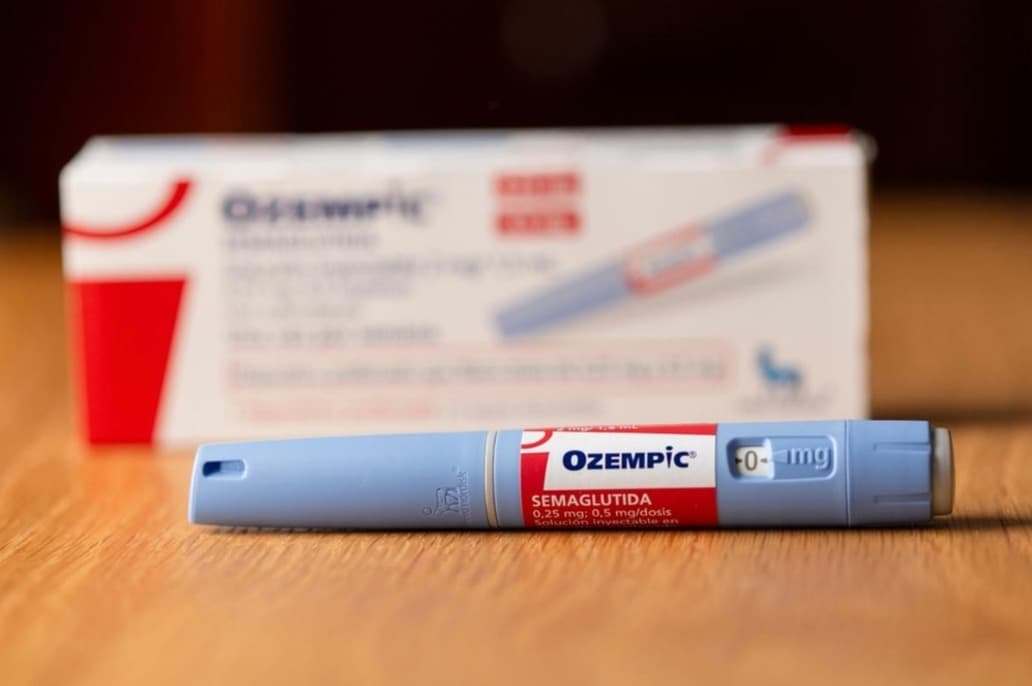We're loading the full news article for you. This includes the article content, images, author information, and related articles.
The rising off-label use of the diabetes drug Ozempic for weight loss, costing up to KSh 100,000 monthly, has triggered urgent public health alerts from Kenyan authorities over serious risks and counterfeit products.

A global social media trend promoting the off-label use of the diabetes medication Ozempic for rapid weight loss has taken firm root in Kenya, with some users, including local influencers, reportedly spending between KSh 50,000 and KSh 100,000 per month on the prescription-only injections. Social media personality Pritty Vishy disclosed to her followers that her use of the drug costs KSh 65,000 monthly, highlighting the significant financial commitment involved in the burgeoning local trend. This high expenditure comes amid stark warnings from health officials about the potential for severe medical complications and the circulation of dangerous counterfeit versions of the drug.
In response to the growing craze, Kenya's Ministry of Health and the Pharmacy and Poisons Board (PPB) have issued multiple, stern warnings to the public. On Tuesday, August 19, 2025, PPB Chief Executive Officer Dr. Fred Siyoi emphasized that semaglutide, the active ingredient in Ozempic, is strictly a Prescription-Only Medicine approved for managing insufficiently controlled type 2 diabetes. "Its unsupervised or off-label use may result in serious health outcomes," Dr. Siyoi stated, a sentiment echoed by Public Health Principal Secretary Mary Muthoni, who confirmed the government has launched investigations into the drug's misuse.
Medical experts have voiced significant concerns, pointing to a range of potential side effects. Nairobi-based endocrinologist Dr. Rosslyn Ngugi warned of the serious medical risks for individuals using the drug without proper supervision. The PPB has detailed potential adverse effects including hypoglycemia (dangerously low blood sugar), gastroesophageal reflux, severe intestinal obstruction, vision problems, and pancreatitis. Dr. Caroline Mithi, an endocrinologist and obesity specialist, noted that common side effects can include nausea, bloating, and gastritis, while more severe risks in high-risk individuals could include gallbladder disease or even thyroid cancer.
The trend has been significantly amplified by Kenyan celebrities and influencers who have publicly documented their weight loss journeys using the drug. Actress Sandra Dacha, for instance, began using Ozempic following a medical diagnosis of "greater morbid obesity" and has reported substantial weight loss. While some influencers frame it as a health choice, their promotion has been flagged by authorities for fueling demand and encouraging use without vital medical consultation. This has created a high-risk environment where consumers may bypass licensed medical channels, seeking the drug from unauthorized sellers.
The high demand and cost have inevitably led to a black market for the drug, with significant price disparities and the alarming emergence of counterfeit products. Investigations have revealed some Nairobi pharmacies selling the drug over-the-counter for prices ranging from KSh 65,000 to over KSh 105,000, while generic versions and weekly shots are offered at lower, yet still substantial, prices. The PPB has explicitly warned that fake Ozempic pens are circulating in Kenya, which may contain harmful or inactive ingredients, posing a grave danger to unsuspecting users. The regulator has urged the public to purchase medicines only from licensed pharmacies with a valid prescription and provided official channels for reporting suspected counterfeit products and adverse side effects.
A critical implication of this trend is the potential for drug shortages, impacting the very patients for whom Ozempic is intended. Health officials have expressed concern that the diversion of supply for cosmetic weight loss could leave type 2 diabetes patients without access to their essential medication. This places an additional strain on the healthcare system, widening health disparities as the high cost makes the drug accessible primarily to wealthier individuals for non-approved uses.
The situation in Kenya mirrors a global phenomenon. The manufacturer of Ozempic, Novo Nordisk, has consistently stated that the drug is only approved for the management of type 2 diabetes. The company is facing numerous lawsuits in countries like the United States, with plaintiffs alleging they were not adequately warned about severe side effects such as stomach paralysis. This international context underscores the gravity of the health warnings issued by Kenyan authorities, as the pursuit of rapid weight loss carries potentially life-altering risks and significant financial costs.
Keep the conversation in one place—threads here stay linked to the story and in the forums.
Sign in to start a discussion
Start a conversation about this story and keep it linked here.
Other hot threads
E-sports and Gaming Community in Kenya
Active 9 months ago
The Role of Technology in Modern Agriculture (AgriTech)
Active 9 months ago
Popular Recreational Activities Across Counties
Active 9 months ago
Investing in Youth Sports Development Programs
Active 9 months ago